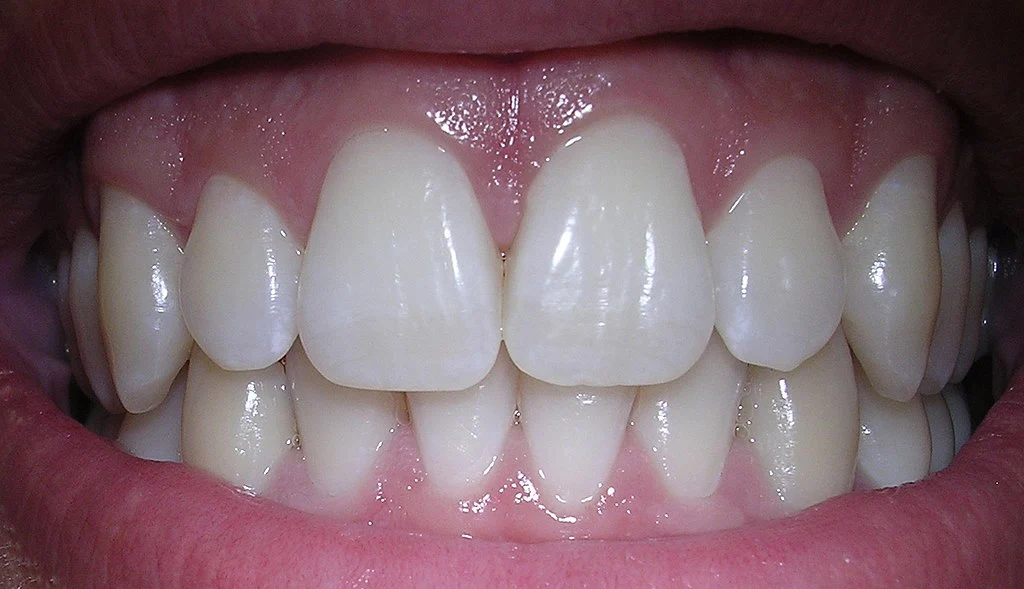Why are teeth so important?

Your mouth is a window into your overall health. It aids in the chewing of food and aids in digestion. That is not the end of it. Teeth allow us to speak more fluently, pronounce different sounds, and, most importantly, they allow us to smile and maintain the shape of our faces.
Here are some excellent methods for caring for your teeth.
Brushing your teeth
Brushing your teeth on a regular basis is one of the simplest ways to keep them clean. Brushing your teeth is the first thing that any dentist recommends. However, how you brush and hold your toothbrush is also important. While brushing, keep the toothbrush at a 45-degree angle over the gum line so that the bristles come into contact with both the tooth surface and the gum line. Brush your teeth for at least 2 minutes to ensure that the majority of the surfaces of all your teeth are covered. When you’re done brushing your teeth, it’s time to clean your tongue. Brush the surface of the tongue and the roof of the mouth to ensure that bacteria are not present and that bad breath does not occur.
Note: Brush your teeth at least twice a day to avoid germ buildup on your teeth.
Flossing
We all know that flossing takes time, but keep in mind that even after brushing your teeth, at least 40% of the surface of your teeth remains untouched. Flossing can help remove food particles and other harmful substances that brushing alone cannot remove. It also allows you to clean deep between the teeth, which a toothbrush or mouthwash cannot. As a result, flossing at least once a day is advised.
Avoid smoking, smokeless tobacco, and alcohol.
Avoiding tobacco is one excellent way to protect your teeth from serious harm. Avoiding tobacco will keep you safe from oral cancer and other periodontal diseases. Tobacco is not the only substance that can harm your teeth; alcohol is another.
Periodontal treatment is required when various conditions affect the oral health of your gums and jawbone regions. Visit us to be treated by an experienced Periodontist in Austin.
Avoid coffee, tea, and soft drinks.
These beverages, while providing some nutrition to your mouth and body, can be harmful to your teeth if consumed in excess. Sodas can weaken your teeth and cause dental issues such as tooth decay. Tea and coffee are the most common teeth stains. These beverages contain ingredients that can cause tooth discoloration.
Maintain a Healthy Diet
Calcium is essential for teeth. You must consume nutritious foods such as milk, yogurt, cheese, orange juice, and other vitamin and calcium-rich foods.
Recommended: Vitamin excess or deficiency in your body can put you at risk of dental health problems. As a result, make sure you’re not eating too much or too little.
Consult with a Dental Professional
You should see a dentist once every six months to keep your dental health in check. You are examined during these visits in order to identify problems and keep you safe from them. Dentist Austin (78746) can give you advice on how to improve your dental health.
Sugary foods should be limited.
What happens if you consume sugary foods? Bacteria will degrade sugars and produce acids, resulting in acid buildup on the teeth. However, eating sugary foods will not cause you any problems if you take proper care of your teeth. Inquire as to how. After eating any sugary food or food that can cause dental problems, make sure to clean your mouth with a toothbrush or mouthwash to remove any bacteria residue.
Use a mouthguard.
As previously stated, “teeth are assets,” so make sure you wear a mouth guard or helmet while participating in sports activities to protect your mouth and teeth from injury.
Chew Sugarless Gum and rinse your mouth with anti-bacterial mouthwash.
Chewing gum helps to produce saliva in your mouth, which neutralizes the acid effect produced by bacteria and acts as a natural defender for your teeth. Additionally, to prevent tooth decay and gum disease, rinse your mouth with an anti-bacterial mouth rinse.
Fluoride toothpaste and water should be used.
Fluoride in toothpaste and drinking water can help to strengthen tooth enamel and make it less susceptible to decay. However, it is recommended that you do not take too much fluoride because there are numerous complications associated with excessive fluoride intake.